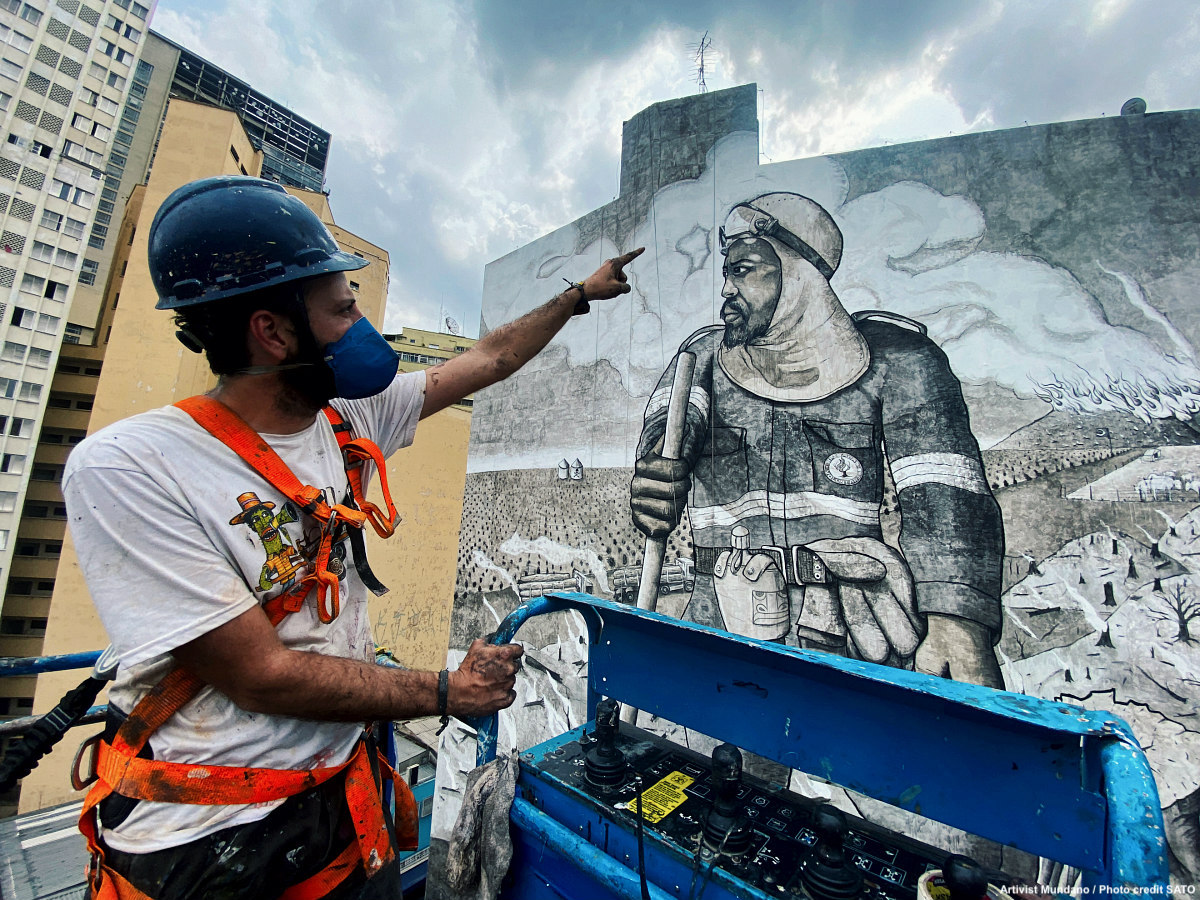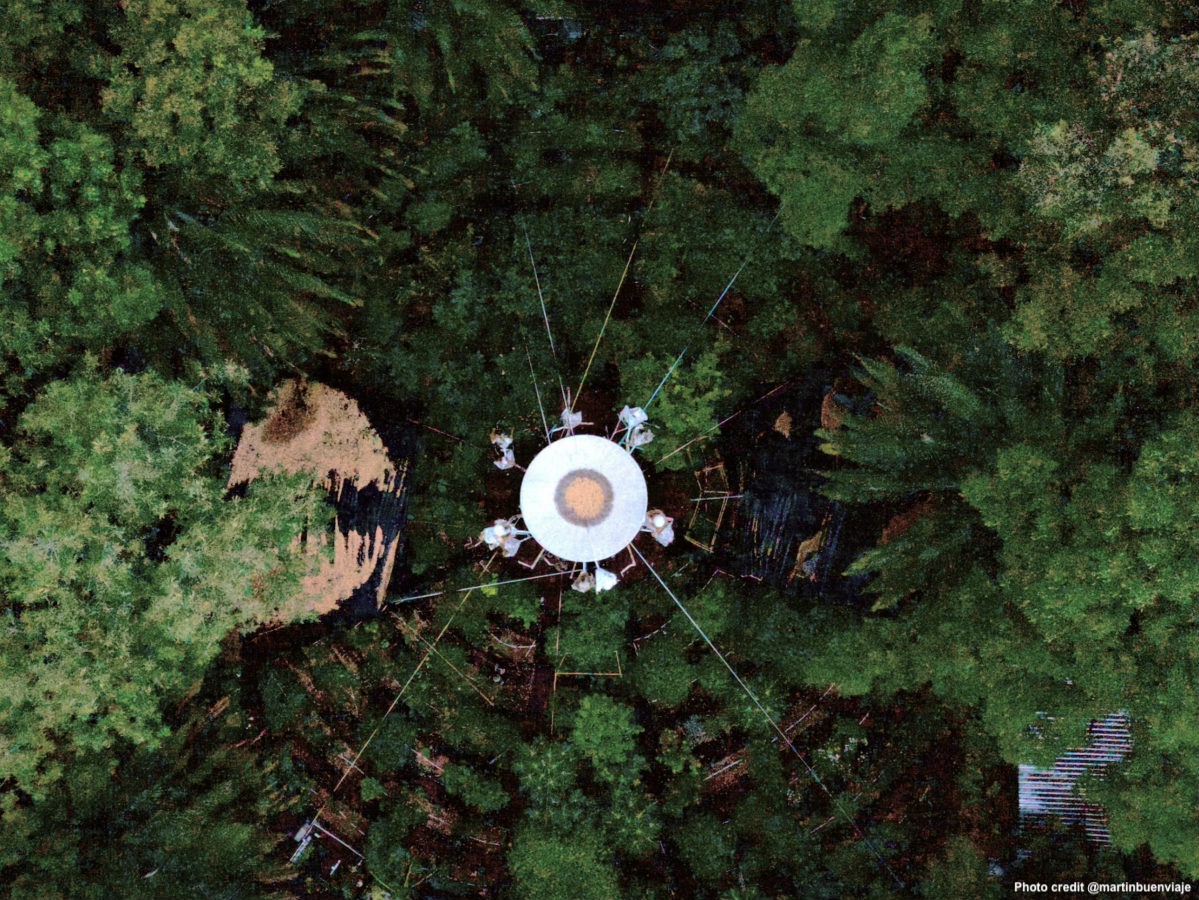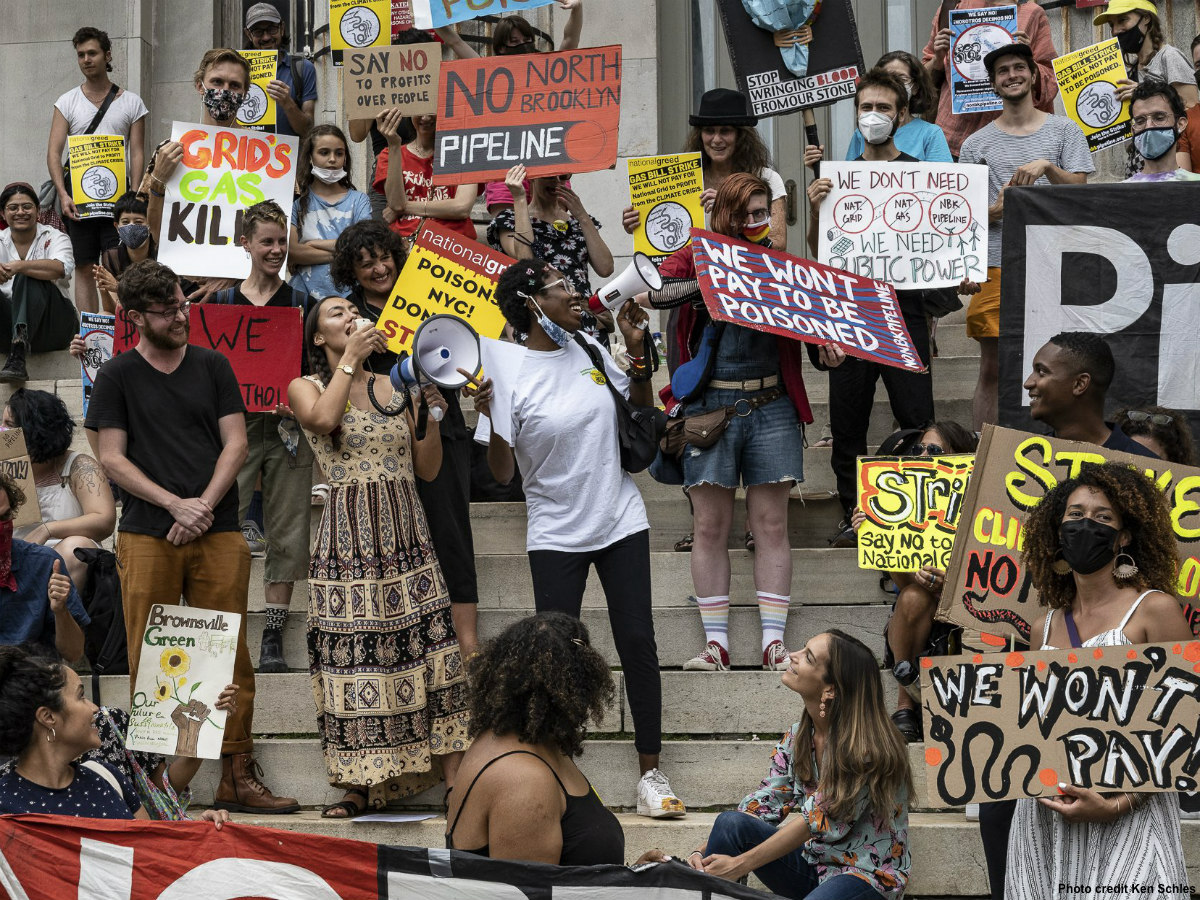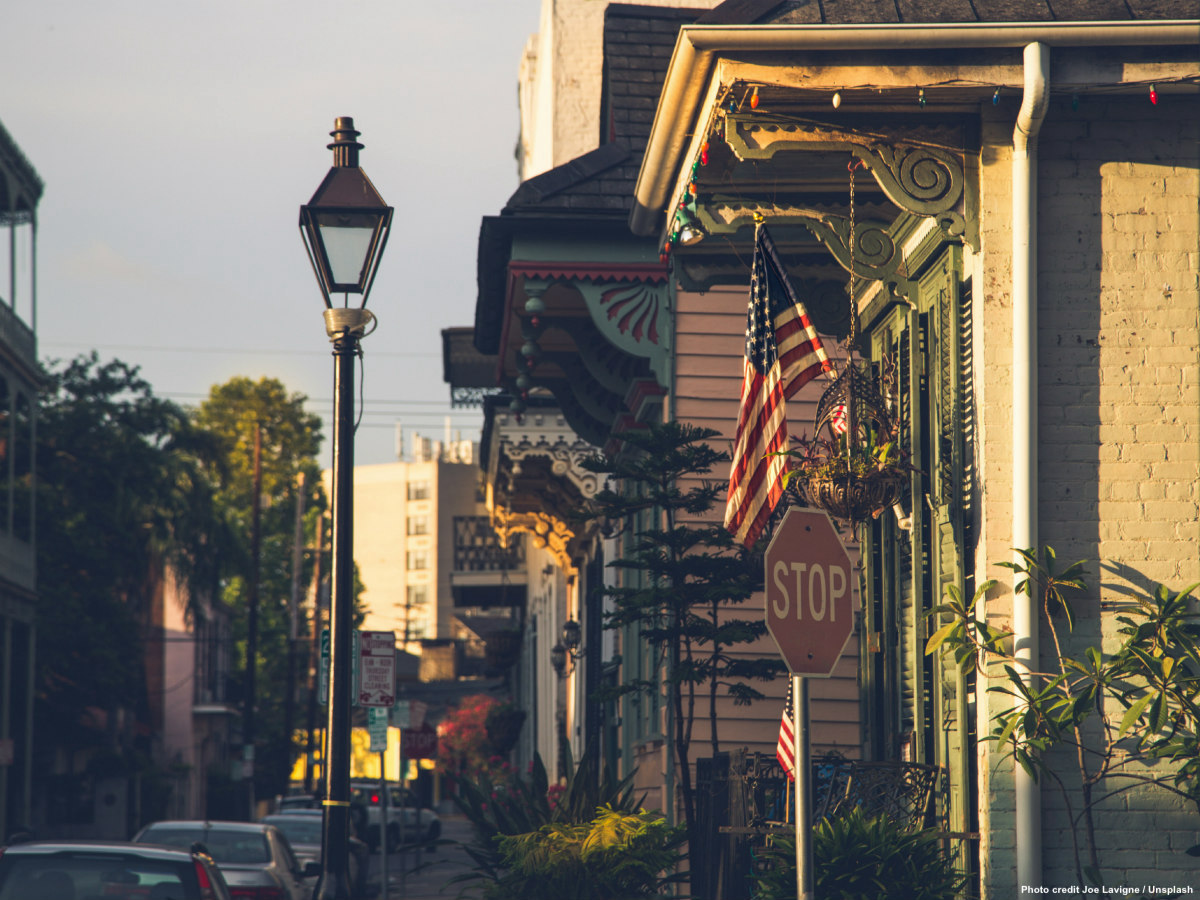Nine days after the opening of his exhibition ‘Residuos Mundanos’ at the gallery Parede Viva, the graffiti artist and activist Mundano tells me about the impact so far: “Art can reach people in a way that numbers can’t.” For his artworks, he has used paint produced with pigments from ‘environmental crimes’, such as oil from the worst oil spill in Brazil and ashes from burned Amazonian forests. He experiments with waste sourced from informal collection by pickers on the streets of Sao Paulo, where he is based.
Even so, record temperatures on the opening day of the exhibition proved eye-opening. “Visitors to the exhibition felt how the rampant consumption of plastic and the production of waste aggravates heat waves and severe droughts which are clear signs of the climate emergency,” says Mundano.
Brazil alone discards an estimated 3.44 million tons of plastic waste into the environment every year while the formal waste management system is virtually non-existent. This has led to a meager recycling rate of only 4% of the recyclable solid waste in 2022, which is way below the average of countries with similar socio-economic development.
Intriguingly, despite the low overall recycling rate, Brazil is the number one country in the world recycling 100% of its aluminum cans. But, where does this vast difference in recycling rates come from?
The answer is simple, informal waste collection. In Brazil it is the norm. Most recyclable items are picked up by informal individual waste pickers called catadores. Working on the margins of society, these workers go through trash on the streets and landfills, collecting recyclable items like aluminum or plastic, which they then sell to recycling companies. They are responsible for picking up a staggering 90% of all recycled materials, in particular aluminum because this material fetches by far the highest price when resold.
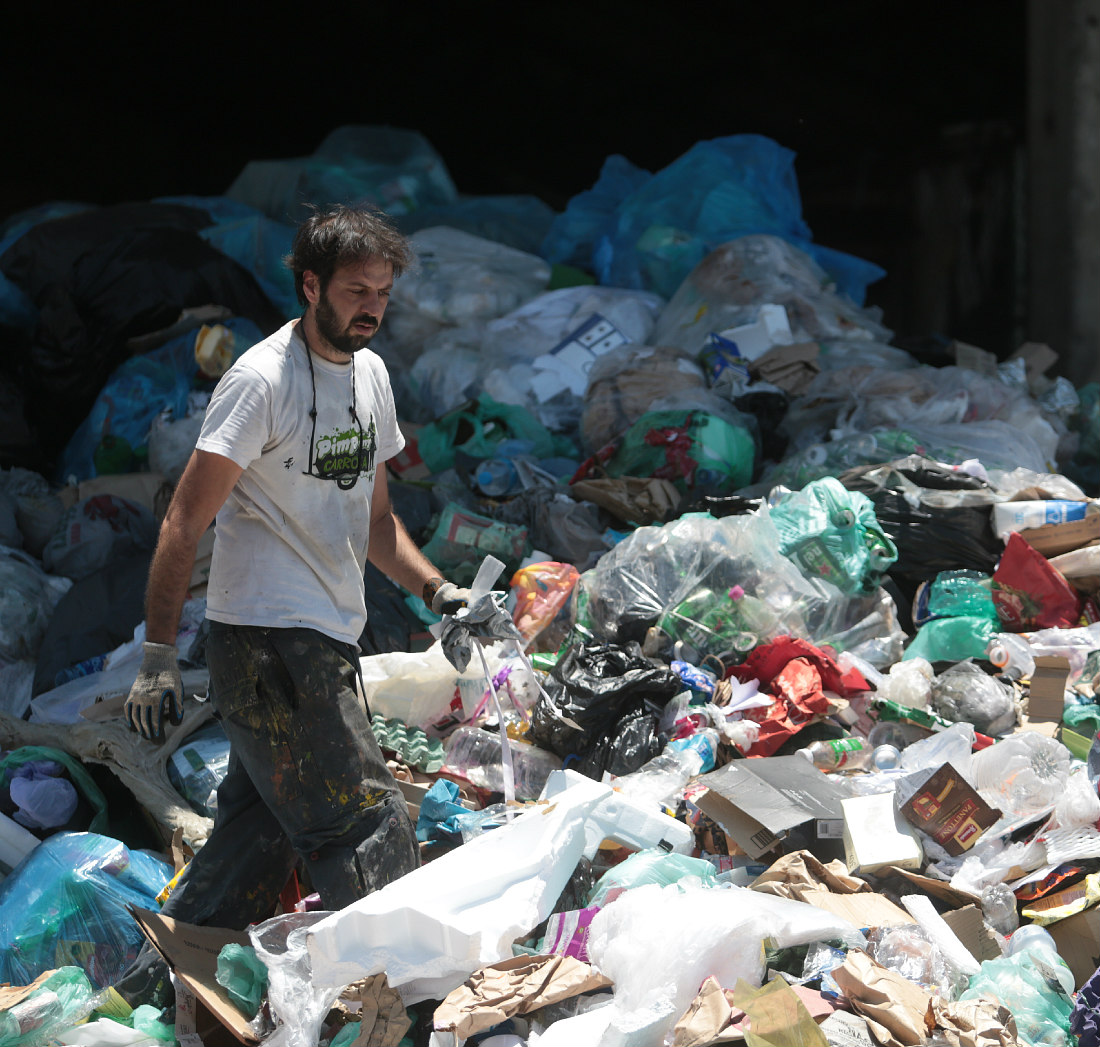
Despite their large contribution to reducing waste, the catadores are often ‘invisible’ or perceived with disdain and the stigma of low-class rabble, says Mundano, whose advocacy work entwines environmental causes and human rights in Brazil. “People don’t notice them. But they are everywhere in Brazil, and in most parts of the globe, doing sustainability for real. But, normally, people have prejudices against them and avoid them.”
Mundano has been challenging this perception of catadores for over a decade, trying to increase the visibility of their contribution to sustainability in Brazil. Art is always present in his work that he uses as a powerful tool for social transformation. In Mundano’s view, “they are saving nature, they are saving the earth, and those who save the earth are superheroes.”
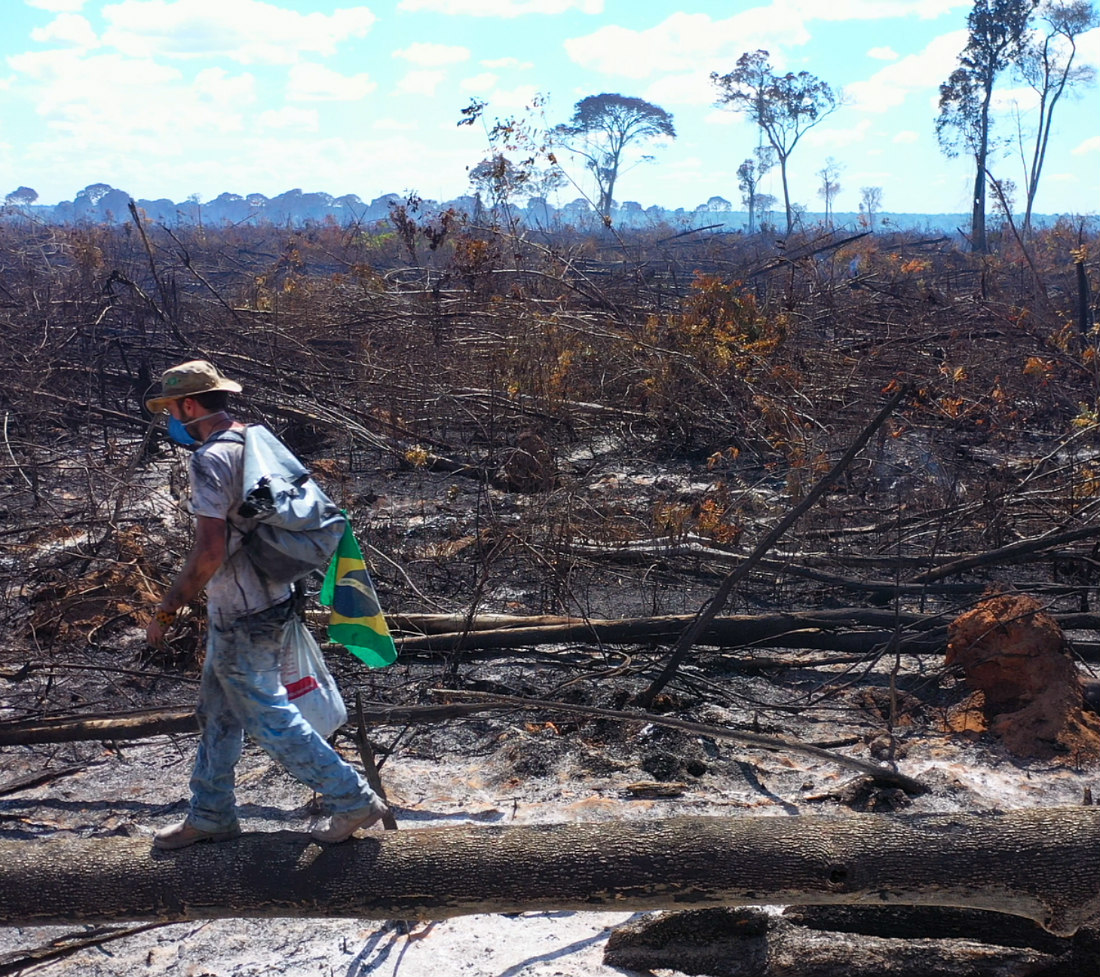
It was in 2012 when he began the project Pimp My Carroça and mobilized artists to paint catadores’ carts, or carroças, with art and inspiring messages. The colorful carroças, and Mundano’s street murals and graffiti, put the catadores in the public eye. The extensive publicity the project garnered from mass media and on social media led to the founding of an NGO with the same name through a crowd-funding campaign, which to date has connected over ten thousand catadores with thousands of artists across Brazil.
***
The invisibility and stigmatization of catadores go beyond the sentiments attached to dealing with trash. The labor policies of successive Brazilian governments since the 1930s have positioned formal employment as the hallmark of ‘honorable’ citizenship, while at the same time excluding informal and marginalized workers such as the catadores. Up to today, this perspective has cemented a distinction between “the worker” (trabalhador) and “marginals” (marginal) or even “bandits” (bandido), not only devaluing informal work but also rationalizing an increasingly suppressive policy towards favela residents.
This focus on formalization, however, does not only overlook the contribution of catadores to society but also the fact that the inflexibility of formal work does not always suit the precarious conditions of catadores’ lives. In an ethnographic study, Kathleen Millar describes how catadores on a landfill in Rio de Janeiro navigate the negative perceptions of their work with the benefits it provides them, such as flexible working hours and a relatively stable source of income.
Since the 1980s, some catadores have organized themselves into cooperatives to mitigate their precarious working conditions. These cooperatives range in size and resources, from friends sharing an empty lot without a roof for sorting out the materials to well-organized groups operating warehouses. Catadores working in cooperatives often earn higher wages than individual workers as cooperatives can process larger quantities of trash and get higher prices for their recyclable items.
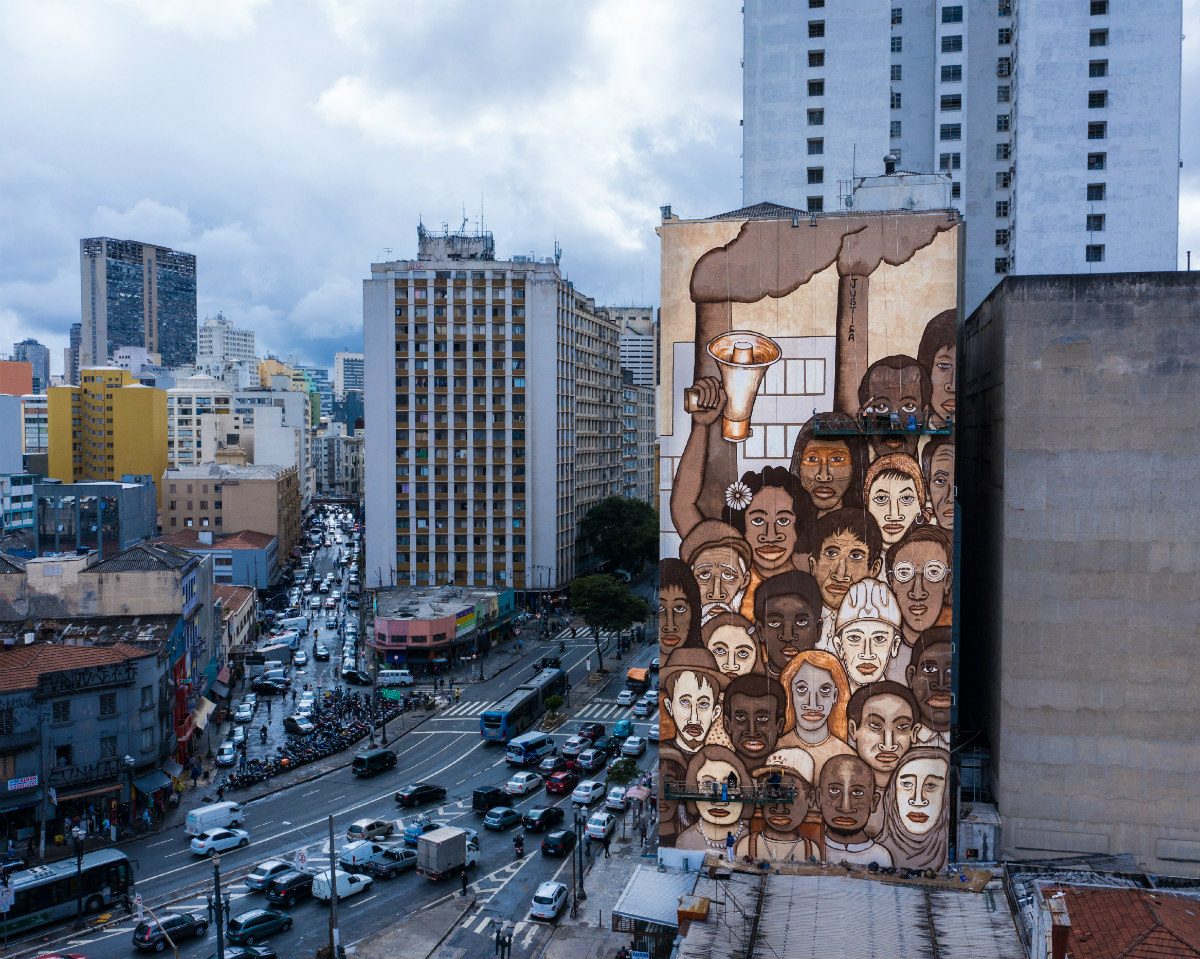
In some cities the municipality hires formal private companies with large contracts for waste collection but the service they provide is not sufficient in terms of recycling, explains Mundano. The cooperatives receive the materials from the official municipal waste collection, and they sort and sell. “That works really well,” says Mundano, but ”instead of all this money going to private companies, it could be invested in cooperatives.”
Still the cooperatives reach a small proportion of the whole informal waste collection community – only an estimated 10%. Building and running a cooperative requires a wide range of skills and access to resources that are not available to all catadores.
The project Pimp My Carroça exposed Mundano to the majority of single trash pickers who are not organized in cooperatives and do not get any benefits from working with the municipality. Also, a lot of people fell in love with the carroças and their owners, and began asking Mundano to connect them with the catadores to pick up their recyclable items at home or from events. “There was a natural demand, and I and the NGO almost became like an informal platform to connect them,” Mundano recalls.
***
In 2017 Mundano formalized these connections and founded Cataki, a digital application, to connect consumers and informal trash pickers in Sao Paulo and other Brazilian cities, even before other platforms such as Uber entered the Brazilian market. Whereas most platform apps create individualized and exploitative working conditions that alienate consumers and platform workers, Cataki puts personal relationships and the empowerment of catadores firmly at the center of its operational model.
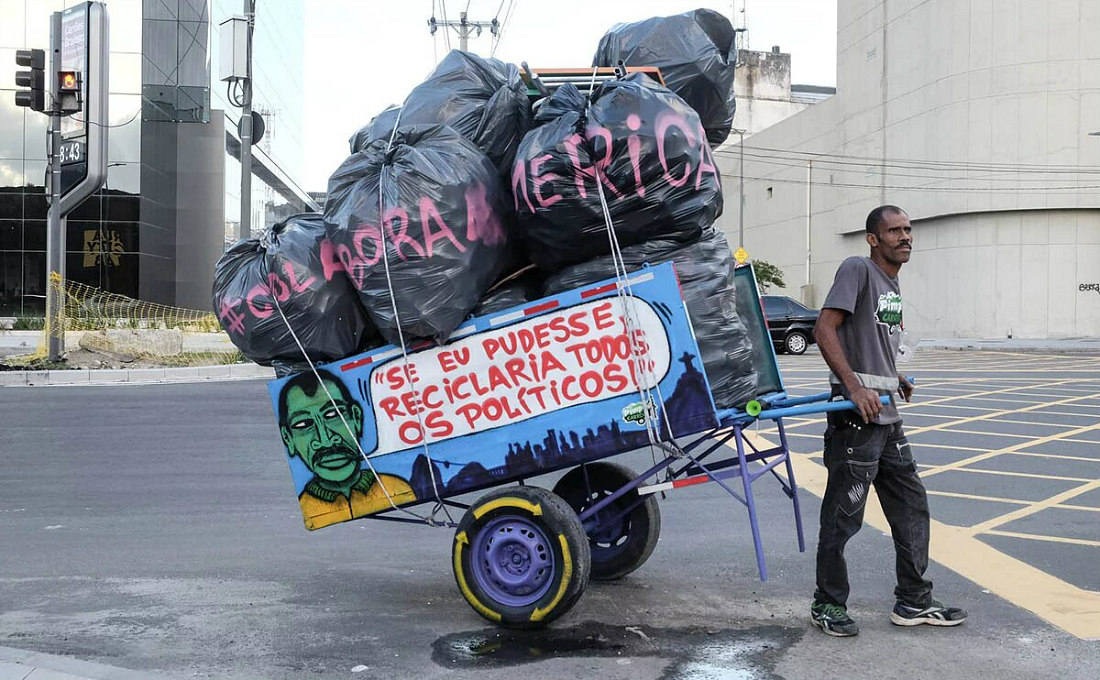
To start with, the users have to add a personal profile in the app, either as consumers or catadores, which contains personal details and descriptions of what trash they provide or can pick up. Through a map interface, consumers can then find the best ‘match’ with the catador. Unlike other platforms such as Uber, the process of matching and processing the transaction is not automated or heavily skewed towards the convenience of the consumers but rather is seen as the start of their ‘recycling relationship’.
After consumers and catadores are matched, they begin negotiations and consequently conduct the transaction. The catadores receive 100% of the earnings of each transaction, which in some cases will consist only of the price they get for selling the recyclable items and, in other cases, an additional fee from the consumer.
But developing an app for people involved in informal waste collection, has proved challenging. The team behind Cataki has been actively seeking out the users’ feedback throughout the development process to make it as simple and inclusive as possible. “Not all catadores have equal access to smartphones or the internet or possess the skills to use them effectively,” Mundano points out.
In some cases, Cataki follows a rather unorthodox process. Instead of conducting the transactions through the app, consumers are provided with the WhatsApp contact of catadores after a successful match, to carry out the negotiations and facilitate the transaction. WhatsApp, the most widely used messenger app in Brazil, creates a more inclusive environment for a variety of catadores. Even illiterate catadores can use WhatsApp, relying on voice messages to communicate with consumers. The end justifies the means. Studies have shown a 40% to 60% increase in the income of Cataki’s catadores. Many were further able to develop long-term relationships with regular customers, which enabled them to increase their income security and stability.
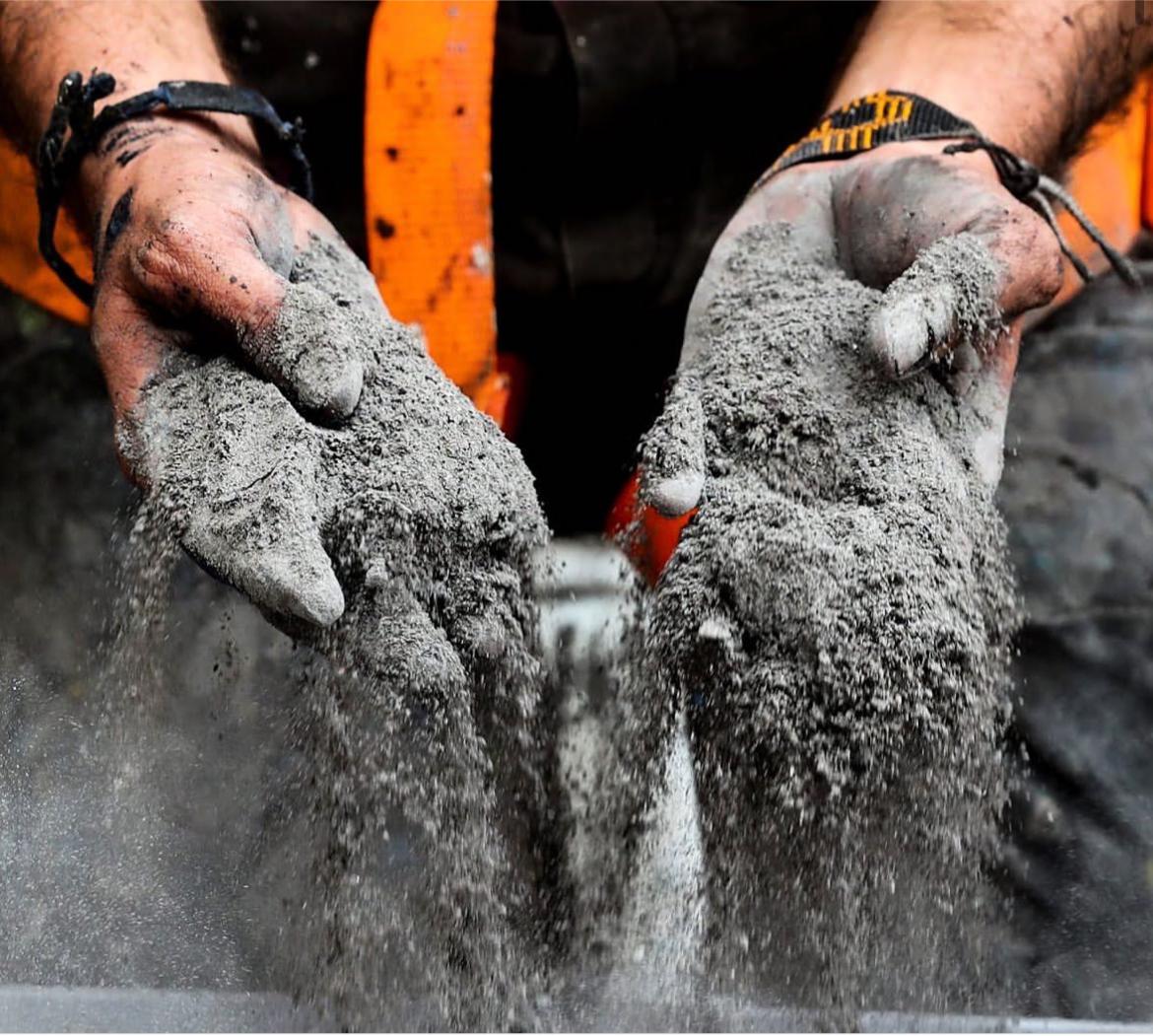
In addition, Cataki has also been a hub for fostering solidarity and providing basic social protection. During the Covid-19 pandemic, when the income of catadores dwindled, Pimp My Carroca crowdsourced R$ 1 million, which they contributed to all 2,200 catadores registered on their app as a solidarity minimum income. Mundano takes me on a Zoom call around Cataki’s warehouse run by solar energy, where they build carts for waste pickers, and keep some electric carts.
In December, he tells me, they are doing a massive cultural event with 21 cooperatives covering an ecosystem of over 1,000 waste pickers. Several artists will intervene in the space as a way to improve the self-esteem of catadores, who could bring their families and feel proud to show their workplace to their kids. “We want waste pickers to be the protagonists and get what they deserve.”
***
Policymakers have attempted to leverage on the informal waste collection system to increase recycling rates. In 2010 the Brazil government implemented the National Solid Waste Policy, paving the way to increase the engagement of catadores in the municipal waste management systems.
However, progress is slow. This year, amid the participation of Brazil at the COP 28, the organization C40 – a network of mayors working to confront the climate crisis – has announced its support of the project Rio’s Recicla Comunidade as part of its Green Jobs Initiative. The project aims at “improving the city’s waste management and creating job opportunities, enhancing working conditions, helping individuals develop skills, and driving economic inclusion for low-income communities in the process.”
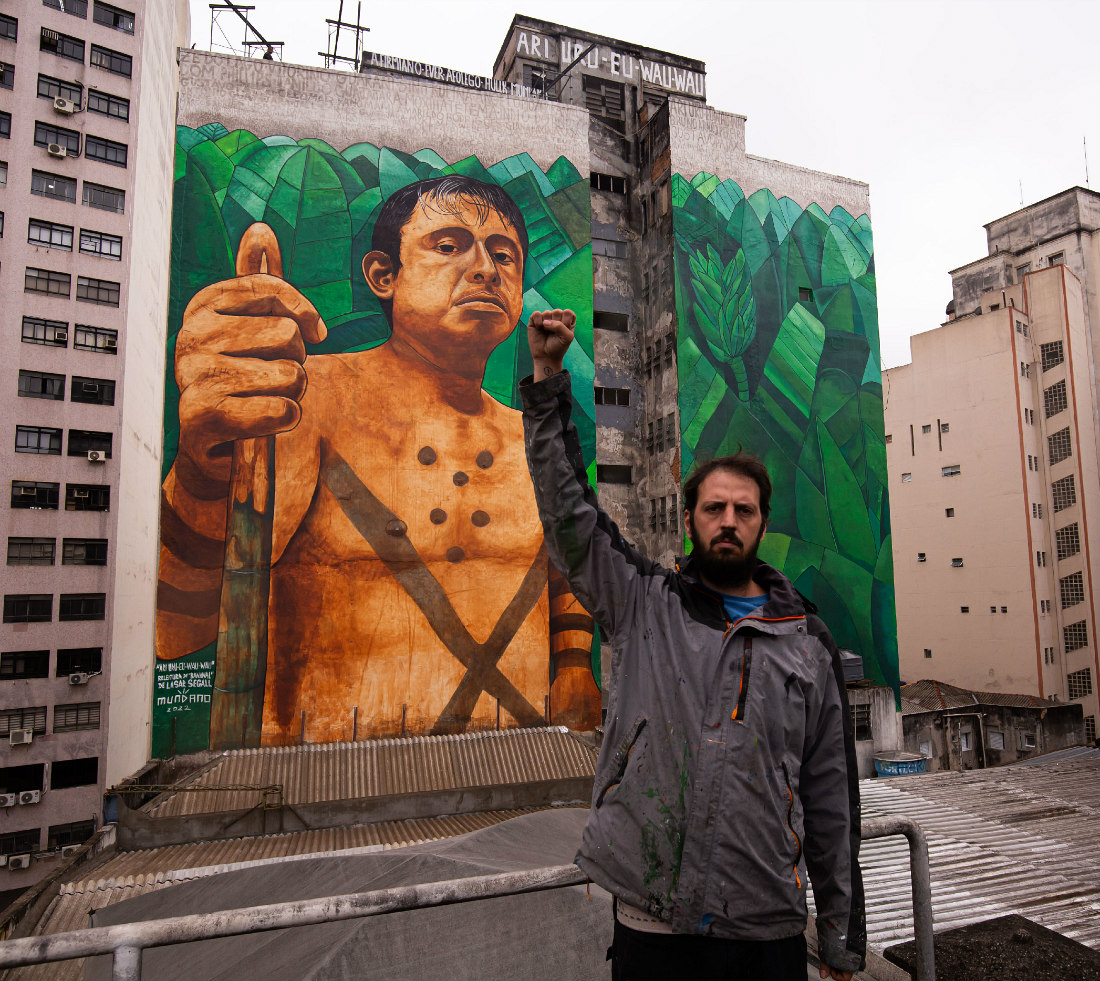
But that sounds good only on paper, believes Mundano. City administrations and governments largely fail to engage catadores in ways that are meaningful to them and recognise the reality of their situation. We need to invest in waste systems that empower catadores, he says, because many people are living out of informal waste collection, they earn an honest living but they still live in poverty conditions.
“Imagine if you could pay a real value to the catadores for all the materials, not only aluminum. The plastic in the ocean would disappear,” he says. “On the beautiful beaches of Brazil you don’t see a can, but you see plastic.” All the big brands have commitments to recycling most of their plastic by the end of this decade, but they will need to make big investments and engage informal waste pickers. “It is really profound, and global, but people don’t get it. We have estimated that there are about 800,000 catadores in Brazil and we need all of them just to recycle 100% of all cans used.”
The view of the informal economy as inefficient and ‘shady’ among development actors and policymakers across the globe has been a major obstacle to create progressive models that acknowledge the potential of informal waste collection and build well-functioning systems from there. Cataki has already demonstrated that it is possible to engage with informal waste collectors to boost recycling while empowering one of the most marginalized groups in society. Paradoxically, it does so by using the same technology that creates individualized and precarious platform workers in other sectors. “We try to focus more on the social side,” he concludes. Mundano is now at the COP28 in Dubai, with a solution in hand. Hopefully he finds the right forum.
